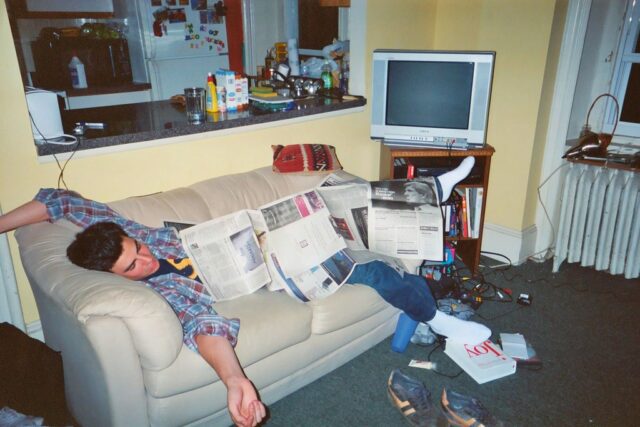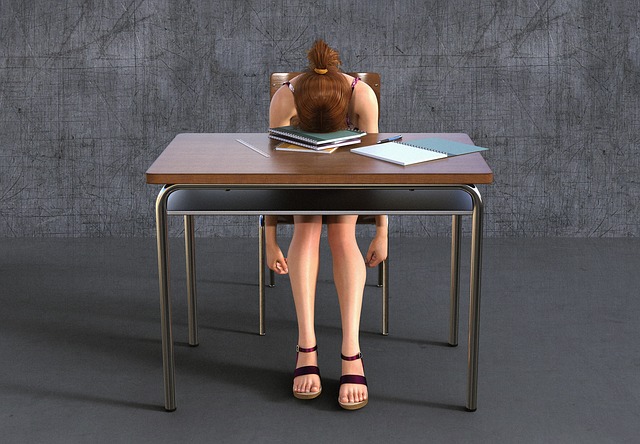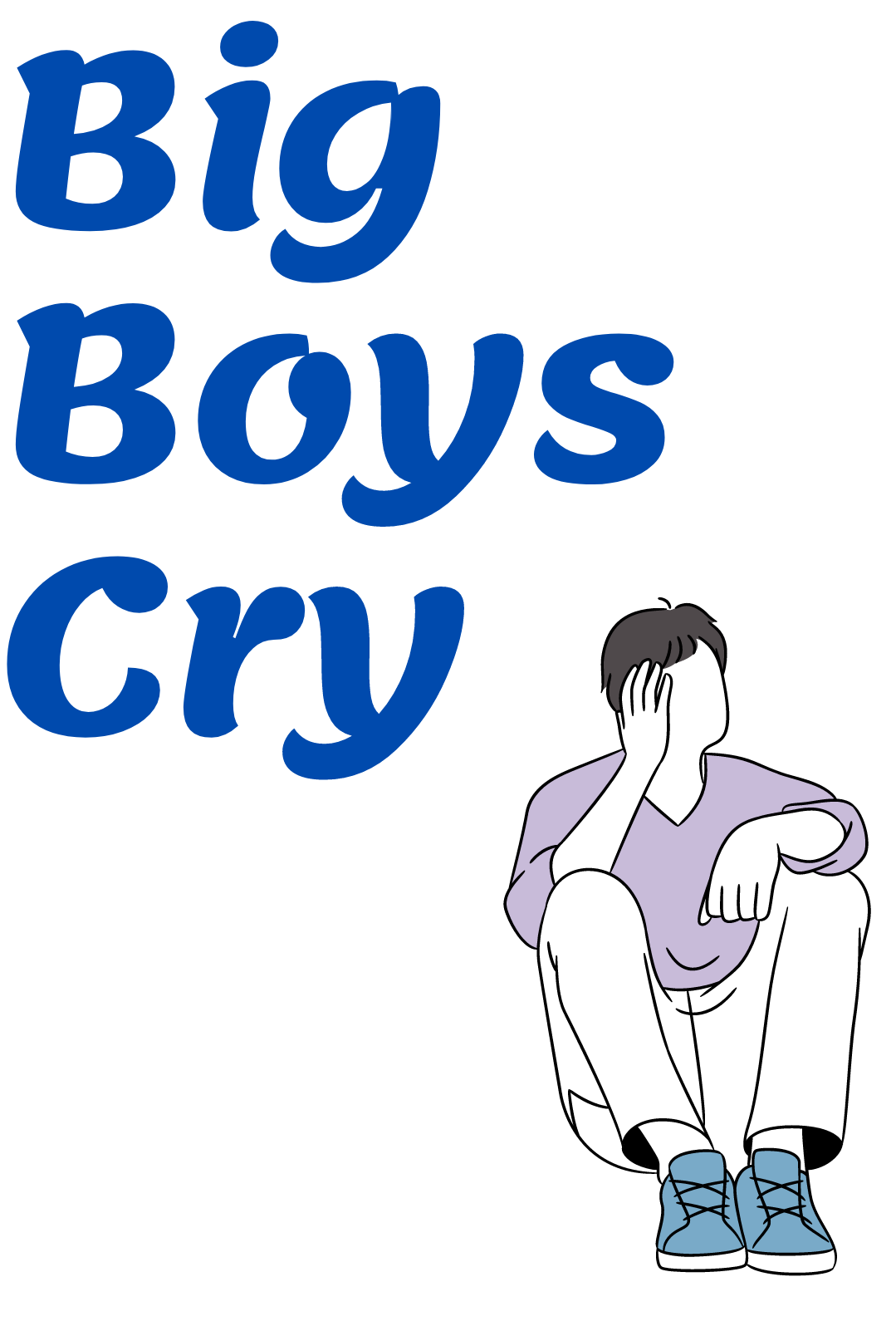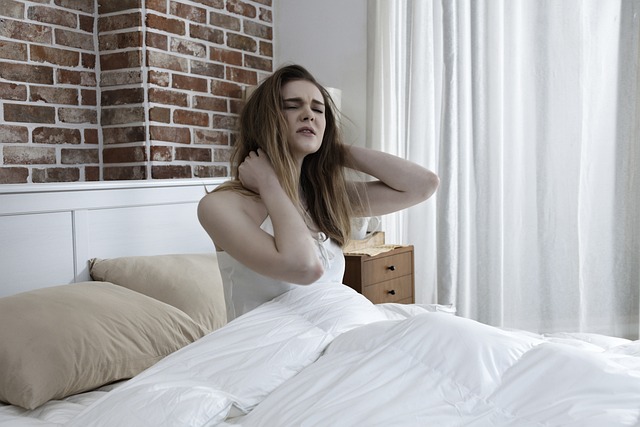Could You Be Suffering From A Sleep Disorder?
We all know the feeling of not getting a good night’s sleep. It can leave you feeling lethargic, grumpy, confused, clumsy and your body aching. One night of disturbed sleep won’t do you any lasting harm. However, for many people, a night of disturbed sleep is a regular occurrence that needs to be understood and addressed. Could you be suffering from a sleep disorder?
Sleep disorders are surprisingly common but many sufferers go undiagnosed. It is estimated, that worldwide, as many as 2 billion people could be suffering from a sleep disorder. Good sleep is vital for our overall health and for us to be able to function properly.
How to recognise that you may have a sleep disorder
There are several symptoms that suggest you may be suffering from a sleep disorder:
1. Feeling tired even after a full night’s sleep. Do you still feel tired after you’ve had at least seven hours of sleep? Try to keep track of the time you fall asleep and when you wake up. If you’re getting at least seven hours of sleep and still feel tired, this is a strong marker that you might have a sleep disorder.
2. Loud snoring, gasping, or irregular breathing during sleep. Does your partner complain that you snore loudly or that you stop breathing during the night? Do you gasp for breath in your sleep? You might have sleep apnea. Sleep apnea can also cause excessive fatigue since you’re not getting sufficient restful sleep. It can also be potentially dangerous if the cause is not investigated and treated.
3. Keep falling asleep during the day. Do you find yourself nodding off at work or in front of the TV in the early evening? This is another sign that you’re not experiencing a healthy sleep pattern.

4. Difficulty falling asleep or can’t stay asleep. If you have trouble getting to sleep or keep waking up during the night for no obvious reason then you could have a sleep disorder. Waking up early and not being able to fall back to sleep can also be a sign that you’re suffering from anxiety, depression or even PTSD.
Do any of these symptoms seem familiar? If so, then you may well have a sleeping disorder. The first step is to ensure that you’re getting enough time in bed each night. It’s also important that you have a regular bedtime routine and your bedroom is a relaxing environment for you to fall asleep. Make sure to avoid caffeine, alcohol and blue light devices well in advance of going to bed. You may need to experiment a little to find ways to help you relax to enjoy the benefits of a good night’s sleep.
There are five primary types of sleep disorders
1. Sleep apnea. Sleep apnea occurs when breathing isn’t continuous during the night. This can either be due to an obstruction in the airway or a lack of coordination between the brain and the muscles involved in breathing.
2. Insomnia. This is a difficulty in falling asleep or staying asleep. There are many potential causes of insomnia, including stress and hormonal issues.
3. Parasomnias. These are unusual behaviours that occur during sleep, such as:
● Teeth grinding
● Bedwetting
● Sleepwalking and sleeptalking
● Nightmares
4. Narcolepsy. This sleep disorder involves falling asleep very quickly when you should be awake. At the most extreme, a narcolepsy sufferer could suddenly fall asleep while driving. More mild cases might involve suddenly excusing yourself from the dinner table and lying down for a nap or falling asleep while studying.

5. Restless leg syndrome. This sensation is hard to describe if you’ve never experienced it. It may feel similar to your foot or leg falling asleep. Many sufferers complain of a sensation below the skin, commonly around the calf, invoking an involuntary urge to move their leg.
Sleep disorders can range from mildly annoying to dangerous. You can’t live indefinitely without sleep, and the quality of your sleep impacts your everyday life and can lead to long term health problems if not addressed.
If you think you might have a sleep disorder, make an appointment with your doctor. They will probably refer you to a sleep specialist and you might subsequently spend a night in a sleep laboratory to be observed.
Sleep makes up a third of our lives and we can’t function without it. It’s therefore important to do everything we can to get it right.





Pingback: How To Enjoy The Benefits Of A Good Night's Sleep - The Shop For Her
Pingback: When Your Best Friend Becomes A Stranger - Big Boys Cry
Pingback: How To Stop Feeling Anxious At Night - Big Boys Cry